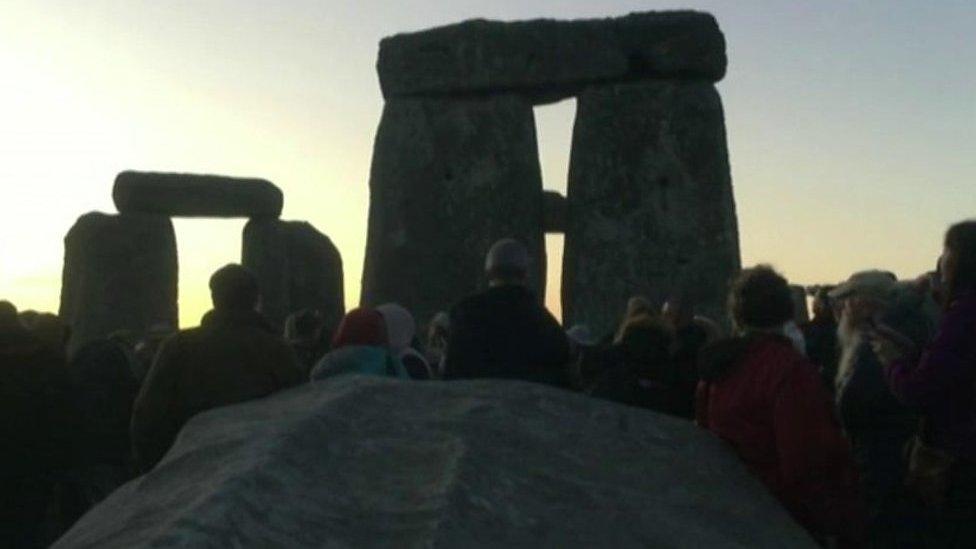Stonehenge autumn equinox cancelled by English Heritage
- Published
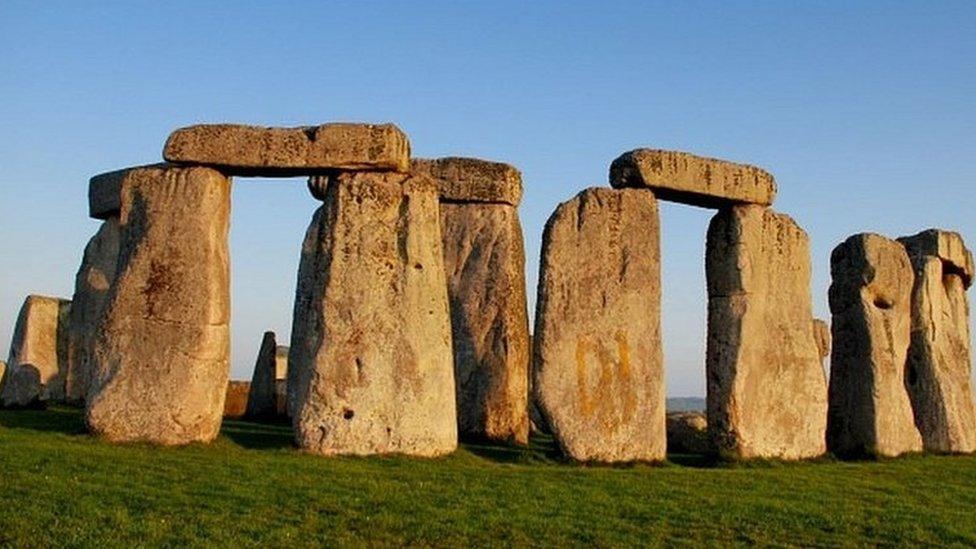
A "small number" of pagans and druids were offered access to the stones but they turned it down as it would not be "fair to all parties"
People hoping to watch the sunrise to mark the first day of autumn have been told not to travel to Stonehenge due to the pandemic.
About 800 people usually gather at the Wiltshire monument, on or around 21 September, to mark the autumn equinox.
English Heritage said it had cancelled the event in the interests of public health but offered access to a "small number" of pagans and druids.
However, the invitation was turned down by the Round Table Group.
Senior druid King Arthur Pendragon said it was "elitist".
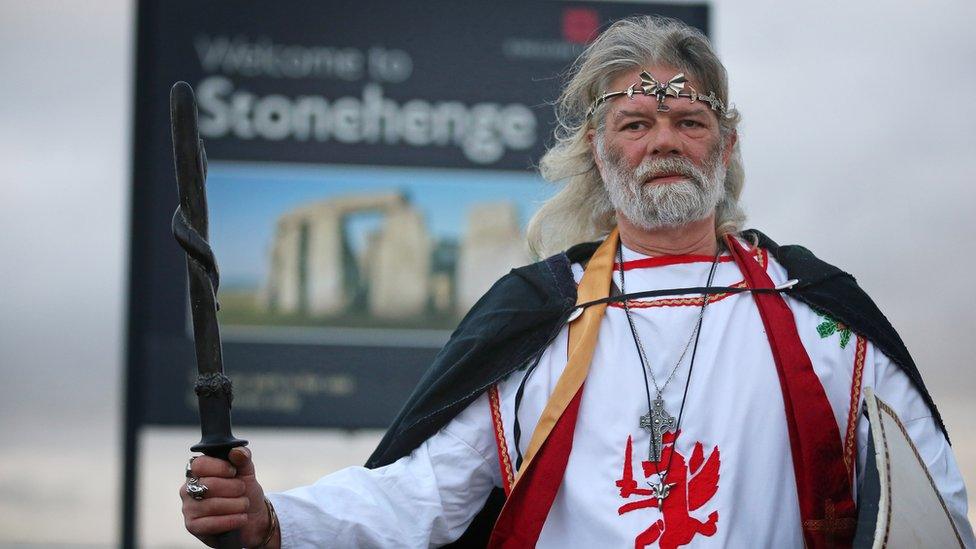
Senior Druid King Arthur Pendragon turned down an invitation as others wouldn't be able to attend
English Heritage said as a visitor attraction and a "place of worship" it was "able to host more than six people".
But following advice from Wiltshire Council and Wiltshire Police it had taken the "difficult" decision "not to hold a larger gathering".
It previously cancelled gatherings marking the spring equinox in March.
'Fair to all'
Stonehenge director Nichola Tasker, said it was "disappointed" but it "just cannot have hundreds of people crowded together within the stone circle".
The charity said it had invited 30 representatives from the pagan and druid community to "mark the equinox at Stonehenge".
But it said the Round Table Group, which represents these communities, had decided it would "only be fair to all parties if there were no access".
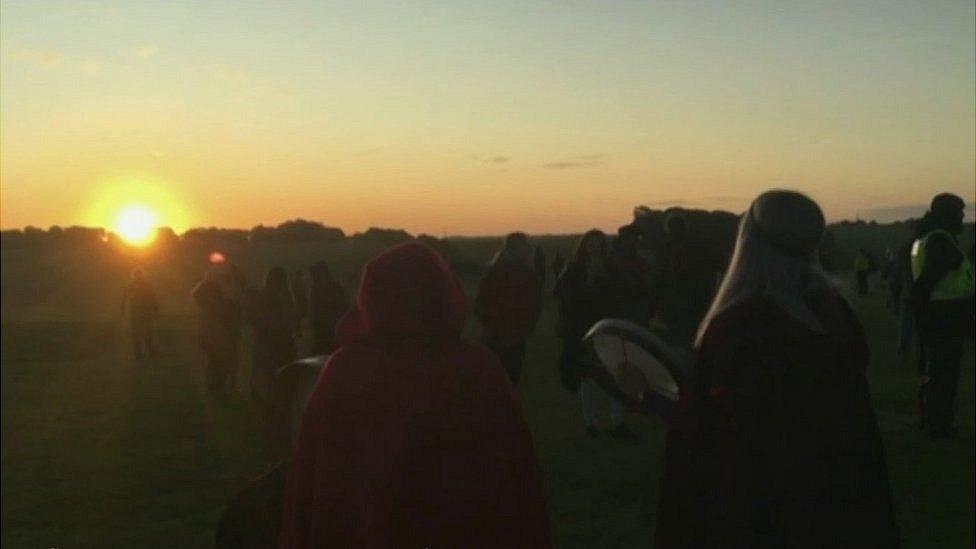
Around 800 people normally gather at the Wiltshire monument on or around 21 September, to mark the Autumn Equinox
Mr Pendragon said he would "not be bought off in this elitist manner" while the "pilgrims are denied access".
The autumn equinox is one of the rare occasions that English Heritage opens up the stones for public access.
This year it takes place on Tuesday and marks the point when the sun is positioned exactly above the equator and the day is the same length as the night.
It also heralds the beginning of shorter days and longer nights.
- Published22 September 2023
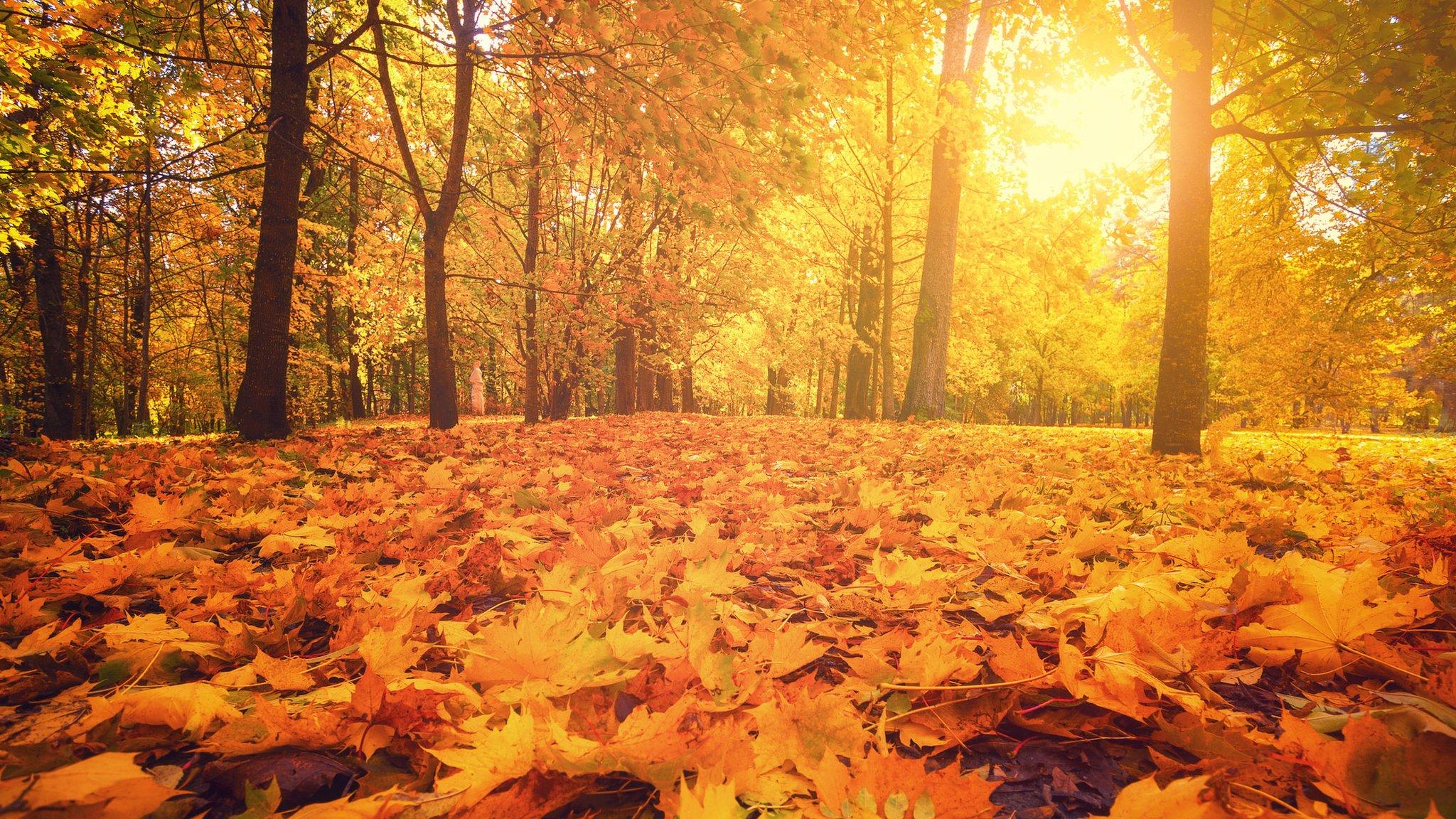
- Published18 March 2020
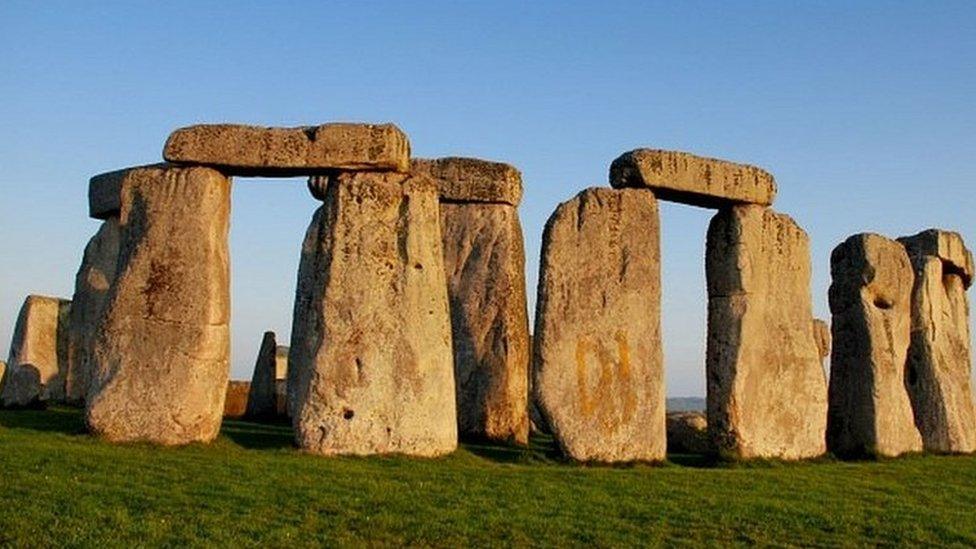
- Published12 May 2020
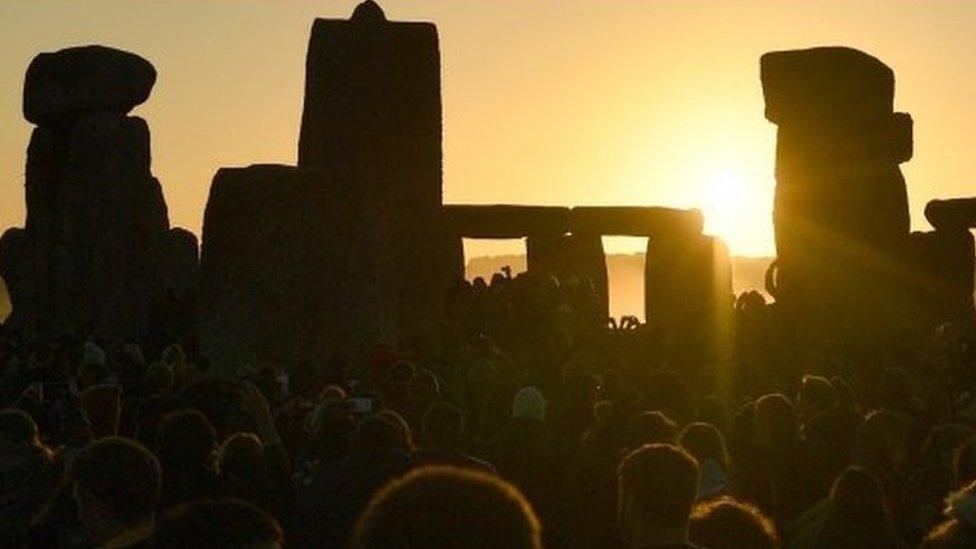
- Published23 September 2019
